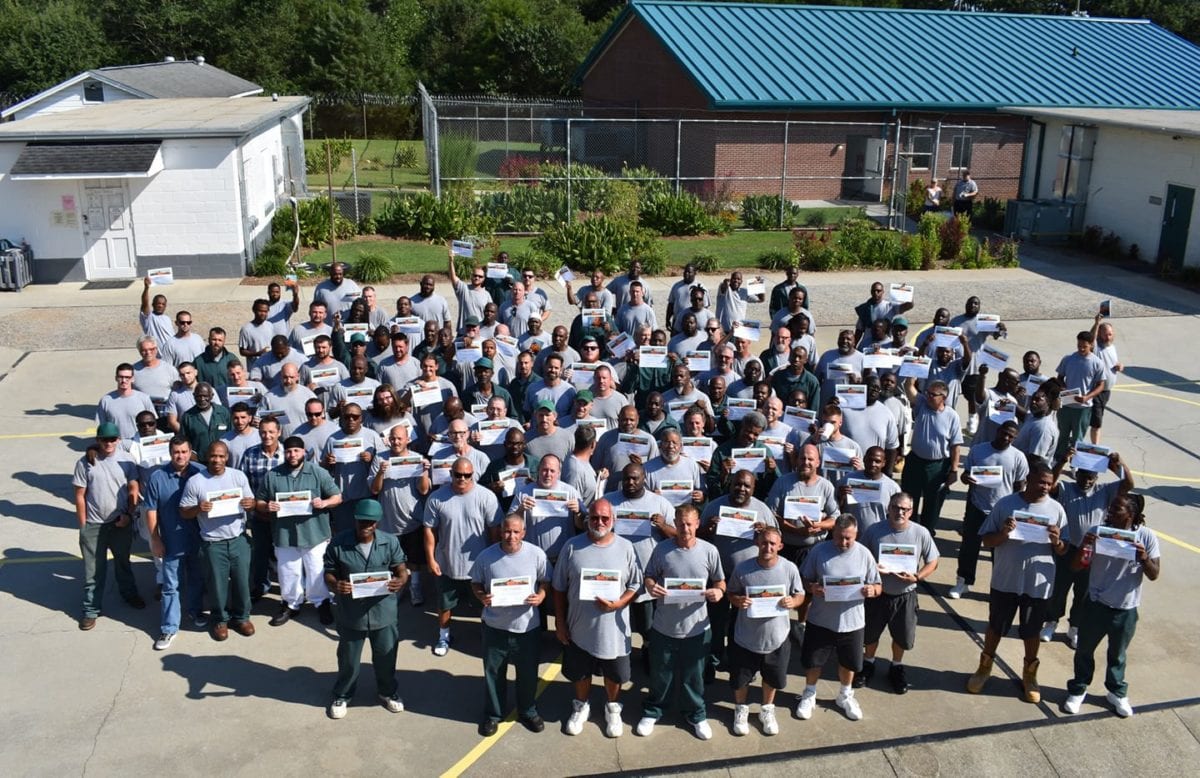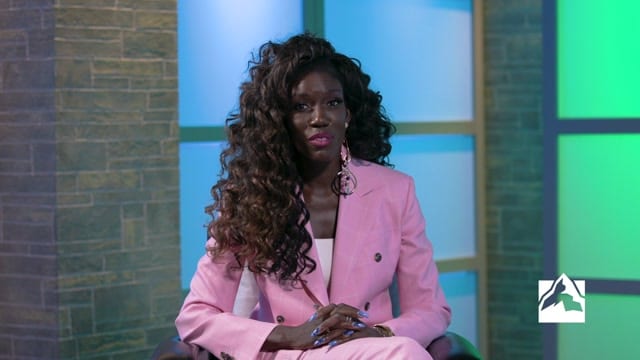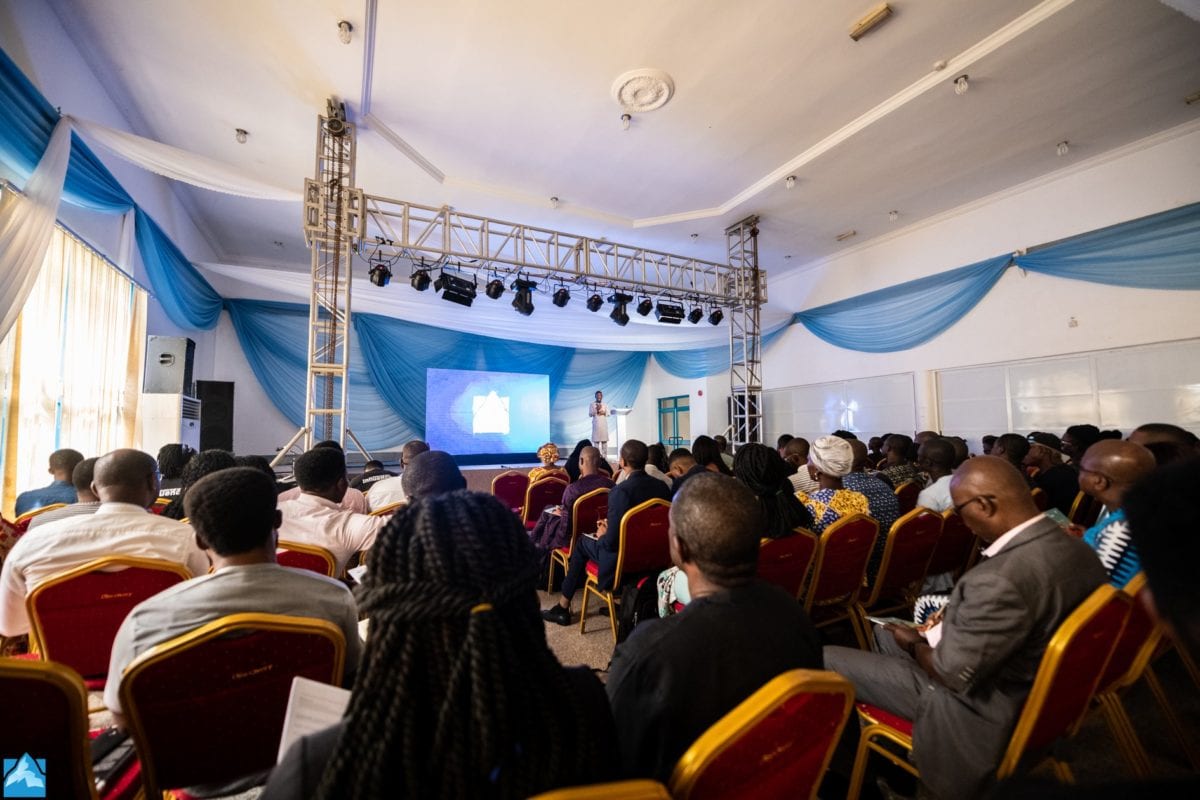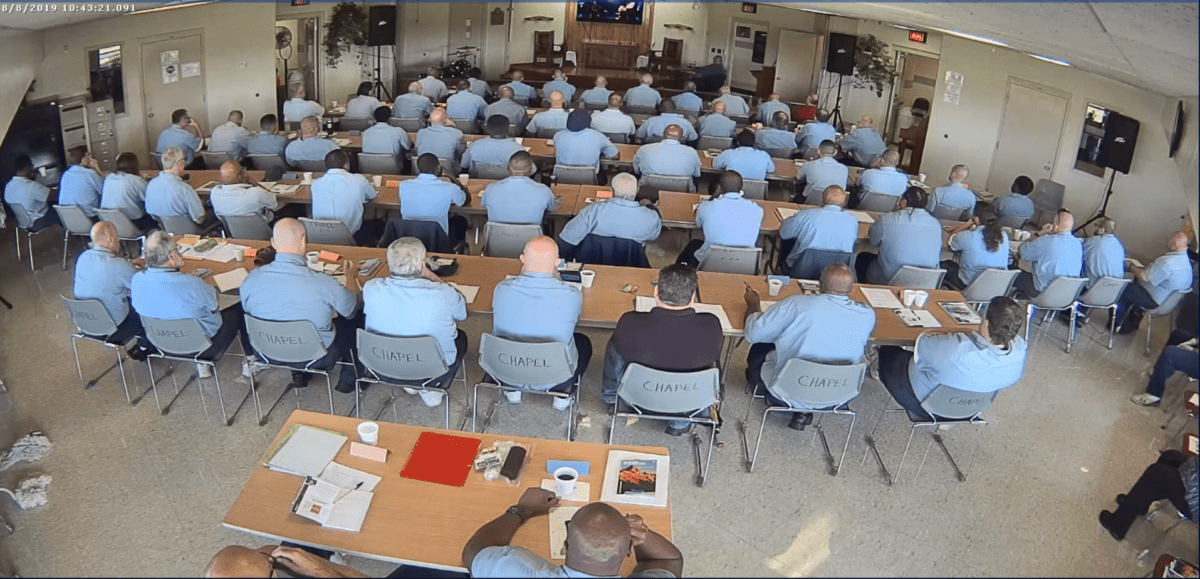
Get free, instant access to GLS Podcast Episode Show Notes. Leverage episode summaries, key takeaways, reflection questions, resources mentioned, related links and applicable downloads.
SUMMARY:
Jia Jiang became an expert in rejection after putting himself through 100 Days of Rejection, an experiment where he purposefully sought out one rejection per day for his video blog. The experiment created some unanticipated results, including great stories where people actually said “yes” in surprising ways. In this episode of the GLS Podcast, business leader Kim Simios interviews him about his unusual journey to becoming “Rejection Proof” and the transferrable lessons we can all apply the next time we experience rejection.
KEY TAKEAWAYS:
- We all get rejected in life—no matter how successful you are or how old you are.
- Rejection is more personal than failure.
- I started this experiment when I got rejected by a potential business investor. I realized I needed to tackle this fear.
- At the beginning, the goal was to toughen myself up. But it quickly changed when people started to say yes. I thought, “How many more yesses are out there for me to discover?”
- Attempt 1: Ask a stranger for $100. When I heard no, I ran away. When I analyzed the video, I realized he asked me why—and I thought, what if the next time I stayed to negotiate?
- Attempt 2: Ask for a burger refill. This time, I made jokes and tried to negotiate. I still got a no, but when I left it felt so much better.
- Attempt 3: Ask for donuts in the shape of the Olympic symbol. I got a yes. Now, I say my life can be divided into BD (before donuts) and AD (after donuts).
- When I started the experience, I didn’t think anyone would say yes. But on the third day, someone said yes. I saw there was a world out there that I hadn’t experienced.
- If you overcome your fear of rejection, you’re going to have amazing experiences.
- Truths about rejection:
- Fear of rejection is a universal human experience. If we don’t fear, there’s something wrong with us.
- Rejection is just an opinion. When we experience rejection, we think something is wrong with us but it’s really about the other person.
- Rejection has a number. At some point, someone will probably say yes. Our goal is to find that person. Write down the number of rejections you are willing to go through before you give up, and don’t give up until you reach that number.
- Finding the upside: You can’t control whether the other person will reject you, but you can control your reaction. Tom Brady was drafted in the 7th Round. Brady used it to motivate himself every day.
- Finding meaning: You get to define the meaning you take away from rejection. It may not be you. It may be that someone is rejecting your cause.
- Finding freedom: We care too much about what people think about us, but really, people don’t think about us as much as we think they do.
- Finding power: Make a clear distinction between what you can control and what you can’t. You can’t control the outcome. But you can control your effort. If you focus on what you can control, the outcome often falls into place.
- To better your chances at a “yes,” start asking “How?” You are inviting the other person to come to your side of the table.
REFLECTION QUESTIONS:
1. Jia Jiang’s experiments started when he experienced rejection from a business investor. Reflect on your own life. Where have you experienced difficult rejections in the past? How did that rejection change you?
2. Think about a rejection or potential rejection you are facing right now. In this podcast, Jia suggested a number of strategies to try in the face of rejection. Check the box next to each of the strategies below that seem possible or relevant to your situation.
Try to negotiate
Ask why
Find a bigger meaning
See this rejection as one step toward ultimate success
Let it motivate you to work harder
Ask how
3. Now, look at all the boxes you checked. Which one strategy would be worth trying in the next week? Mark a date on your calendar to do it!
RESOURCES MENTIONED:






Recent Comments